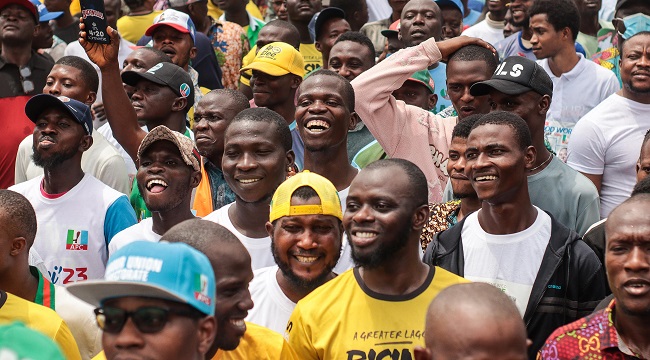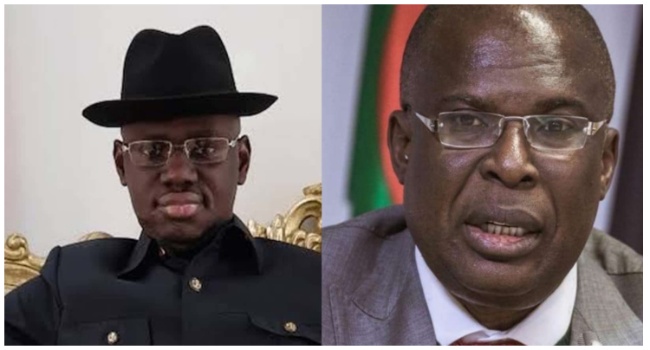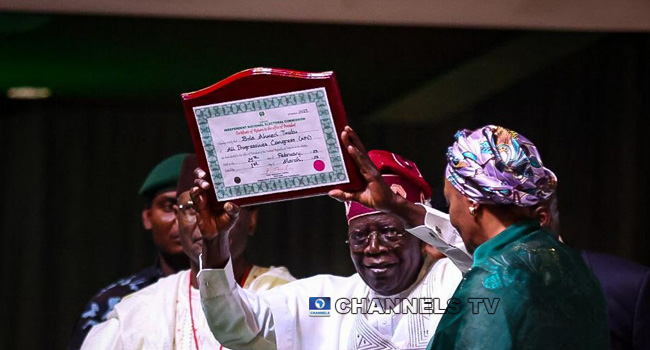Allegations ranging from fake diplomas to money laundering and tax avoidance hang over the frontrunners in Nigeria’s presidential elections on Saturday.
Damaging accusations shadow the leading candidates, all of them veterans of public office who have amassed fortunes in the private sector.
The candidates deny any wrongdoing, and the accusations have not resulted in any convictions.
A summary:

Bola Tinubu
Tinubu, the candidate of the ruling All Progressives Congress (APC) has come under fire on the campaign trail for allegedly lying about his age — detractors say he is older than his declared 70 years — and faking university diplomas.
But the biggest questions are reserved for how Tinubu, a governor of Lagos state from 1999-2007 with interests from media and aviation, to tax consultancy, hotels and real estate, came to make some of his money.
According to filings in a court in Chicago in 1993, nearly $2 million accrued from a heroin-trafficking network was suspected to have transited through Tinubu’s US bank accounts.
Tinubu, who strongly denied any wrongdoing, reached an agreement with the US authorities, who seized $460,000 from an account in his name in a “drug-related seizure of property”.
A former associate of Tinubu has also accused him of using his position as governor to siphon off public funds via a tax-collection firm in which he had an interest — something that he also denied.
A long legal battle between the company and the ex-associate ended last June with an out-of-court settlement, details of which remain unknown.

Atiku Abubakar
Former vice president Atiku Abubakar, the 76-year-old champion of the opposition People’s Democratic Party (PDP), is one of the many politicians in Nigeria who have a parallel career in business.
In the 70s and 80s, Abubakar rose through the ranks of the customs service and then moved into the private sector, developing businesses in oil, agriculture and other sectors.
He turned to politics in the 90s during Nigeria’s military rule and in 1999 was elected as vice president to Olusegun Obasanjo.
During the following eight years, Abubakar oversaw the privatisation of hundreds of loss-making, corruption-ridden or poorly-managed state companies.
In 2014, Obasanjo published a book called “My Watch” in which he accused his former deputy of creaming off the equivalent of $145 million in 2003 that had been earmarked for the Petroleum Technology Development Fund (PTDF), set up to help train Nigerians for the oil industry.
A US Senate investigation also said that from 2000-2008, one of his spouses, who has US nationality, helped him transfer $40 million in suspect funds to US bank accounts via offshore corporations.
The couple is also accused of having received more than $2 million in commission for a contract with the Germany-based multinational Siemens.
The corporation has since pleaded guilty in this affair.
Abubakar denies any wrongdoing.

Peter Obi
Labour Party candidate Peter Obi, 61, is being promoted as the clean-hands candidate in a country whose political culture is notorious for graft.
He earned a reputation for frugality and integrity as governor of the southeastern state of Anambra from 2006-14.
He has also made a fortune in banking and import-export trade, but unlike his two main rivals has never been accused of any corruption or malfeasance.
However, his name surfaced in 2021 in the “Pandora Papers” expose on tax evasion by an international consortium of journalists.
According to documents they unearthed, Obi in 2006, at a time when he was governor, registered a company in the British Virgin Islands in his daughter’s name to sidestep tax.
That practice is in itself is not illegal, although Obi failed to declared these accounts to the Nigerian authorities, the consortium said.
Detractors also accuse him investing state funds in a brewing company in which his family has interests. He has not denied these accusations per se but argued that investments provided substantial returns for the state later on.




